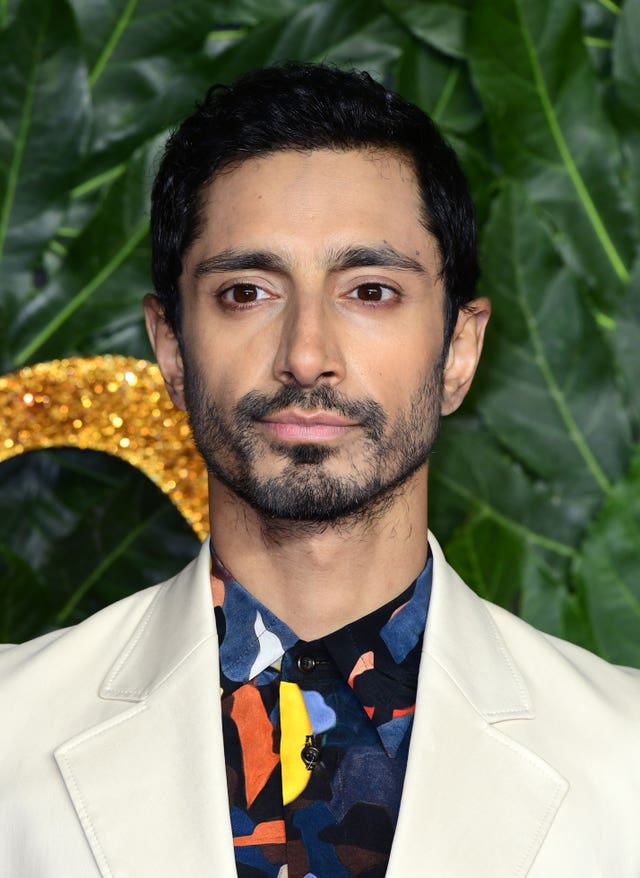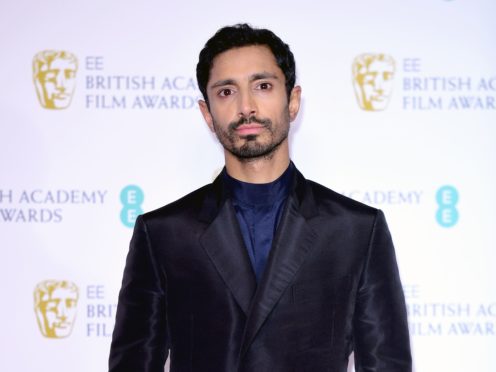Riz Ahmed has said the misrepresentation of Muslims in popular culture is measured in “lost lives”.
The Sound Of Metal star criticised the “toxic” portrayals of Muslims on screen in a lengthy video message posted on YouTube.
Ahmed announced he is helping to launch an initiative to tackle stereotypical depictions of followers of Islam.

In the clip, he said: “The problem of Muslim misrepresentation is one that can’t be ignored any more, and it’s one that I can’t fix alone and a handful of prominent Muslims in the business can’t fix without your help.
“I ask myself: if I’m the exception to the rule, what must the rule be about people like me?
“What must the unwritten rule be about Muslims, a quarter of the world’s population, and their place in our stories, our culture and their place in our society, if any?
“But I’m here to briefly tell you that exceptions don’t change the rules.
“Exceptions, if anything, highlight the rule and in some ways allow us to be complacent about leaving that rule in place.
“The progress that’s been made by a few of us doesn’t paint an overall picture of progress if most of the portrayals of Muslims on screen are still either non-existent or entrenched in those stereotypes, toxic two-dimensional portrayals.”
Ahmed, 38, said he thinks people will “look back at this period of misrepresentation with the same shame and sadness that we look upon minstrelsy in days gone by”.
He said misrepresentation of Muslims matters “because the real world cost of this misrepresentation is measured in the lost potential of untold stories and unfulfilled careers of storytellers”.
“It’s measured in lost audiences but it’s also measured in lost lives.
“The Islamophobia industry is one that measures its cost in blood.”
Ahmed, who has also starred in films including Mogul Mowgli and Four Lions, reflected on his own experience of being hassled at an airport after flying into the UK.
He said a new Blueprint for Muslim Inclusion initiative would include funding and mentoring for Muslim storytellers in the US and the UK through the Pillars Artist Fellowship, which will also provide them with 25,000 dollars (£17,000) in funding.
